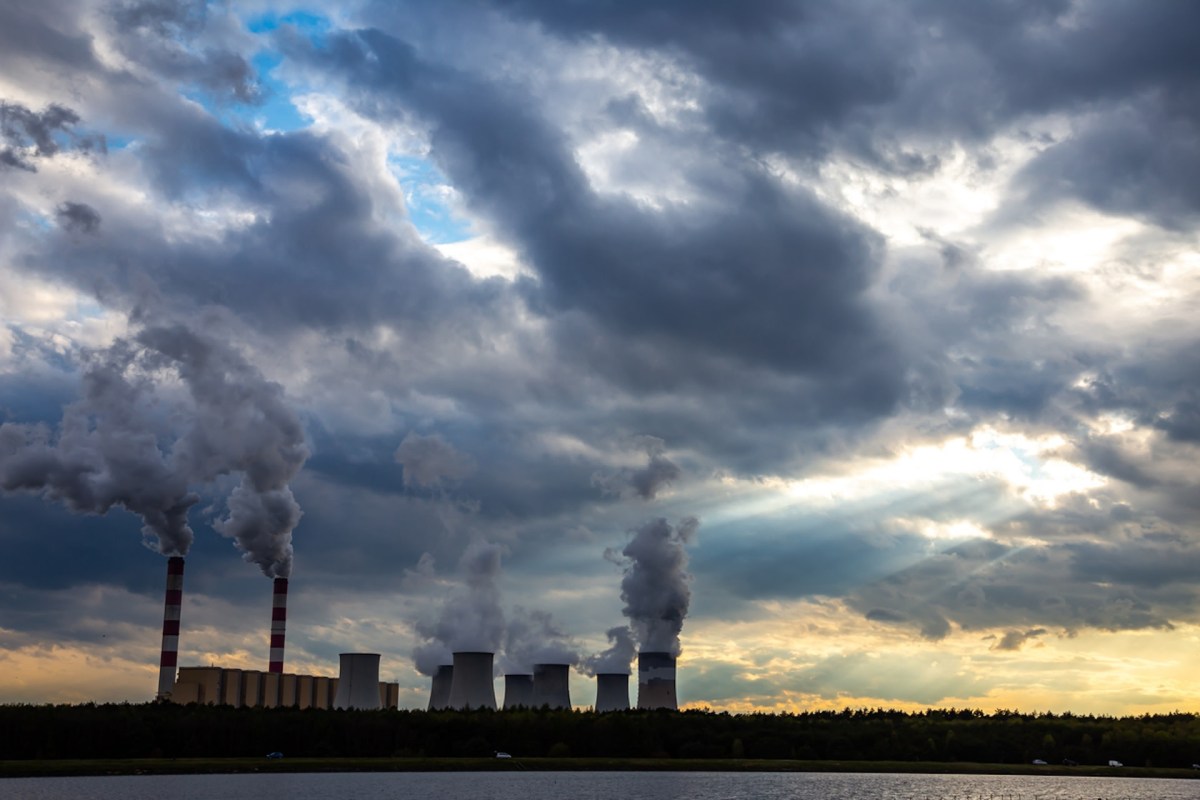D is for greenwashing, at least as far as electricity companies are concerned. A recent study revealed that while many publicly tout their transition to clean energy, their investment decisions show an industry delaying ditching dirty energy.
What's happening?
As reported in Sierra, the magazine of the Sierra Club, in its third annual assessment of whether electricity companies are meeting their "net zero by 2050" commitments, the analysis — called The Dirty Truth report — showed they mostly are not.
Not only are they short on their goals, but in a major case of greenwashing — making hard-to-spot false or misleading statements about the environmental benefits of a product or practice, often to continue polluting behaviors — they're leading the public to think they're deeply committed to reaching them.
🗣️ Would you work for a company that doesn't have a sustainability strategy?
🔘 No 🚫
🔘 Only if the pay is good 💰
🔘 Only if I couldn't find another job 🏢
🔘 Only if the company is working to develop a plan 📝
🗳️ Click your choice to see results and speak your mind
The analysis looked at 77 utilities nationwide and their plans to retire coal plants and stop the construction of new fracked gas plants, as well as how successful they have been in swapping dirty energy sources with clean sources like wind and solar.
Of those 77 companies, 33 either made zero progress in achieving their net-zero commitments or moved backward, receiving an even lower score than last year — earning the group of all utilities studied a collective D. Of the 77, only one received an A. The report further said that 65% of the utilities operating coal plants have no plans to stop this decade.
"To get a D on your plans for clean energy transition right now, even after the Inflation Reduction Act and the overall market trends we're seeing — the declining cost of solar, the declining cost of batteries, the new opportunities and continued low cost of wind, new opportunities opening up on geothermal — is inexcusable," Sachu Constantine, executive director of Vote Solar, told Sierra. "All those opportunities are there, and yet they are building more fossil fuel plants."
Energy analyst Leah Stokes called the utility industry's actions "completely out of line with what science tells us is necessary," stating for the Sierra article that "the utility industry is not moving at the pace that's necessary to respond to the climate crisis. They still don't have adequate plans to retire dirty coal plants, stop building gas plants, and build new clean energy."
Why is the D defeating?
The energy sector is a top contributor to Earth's rising temperature, accounting for over two-thirds of planet-warming pollution, according to the International Energy Agency.
Coal is one of the dirtiest forms of energy, and burning it releases pollutants and heavy metals into the air, impacting human and environmental health.
Gas plants are similarly polluting, as the extraction, production, and combustion of fracked gas is a major source of methane — a gas that's 28 times more powerful at warming Earth than carbon dioxide over a 100-year period and about 85 times more powerful over a 20-year period.
Without the power sector's transition to clean energy, the United States will not meet its Paris Agreement commitments, and the planet will continue to dangerously overheat.
How can the utility industry make the grade?
Legislation and pressure on these companies can help, but at the end of the day, the companies have to do better.
"We need other companies to put their money where their mouths are," Stokes told Sierra. "I don't understand how you can think you are a responsible company if a massive law passes like the Inflation Reduction Act, giving billions of dollars to help utilities build clean energy, and you don't think you need to change your plans. That just doesn't make any sense."
"There aren't enough words to describe how critical this moment is with respect to climate change," Constantine added. "The time for empty promises has passed. Greenwashing is no longer acceptible. We have to move to action."
Join our free newsletter for cool news and actionable info that makes it easy to help yourself while helping the planet.









